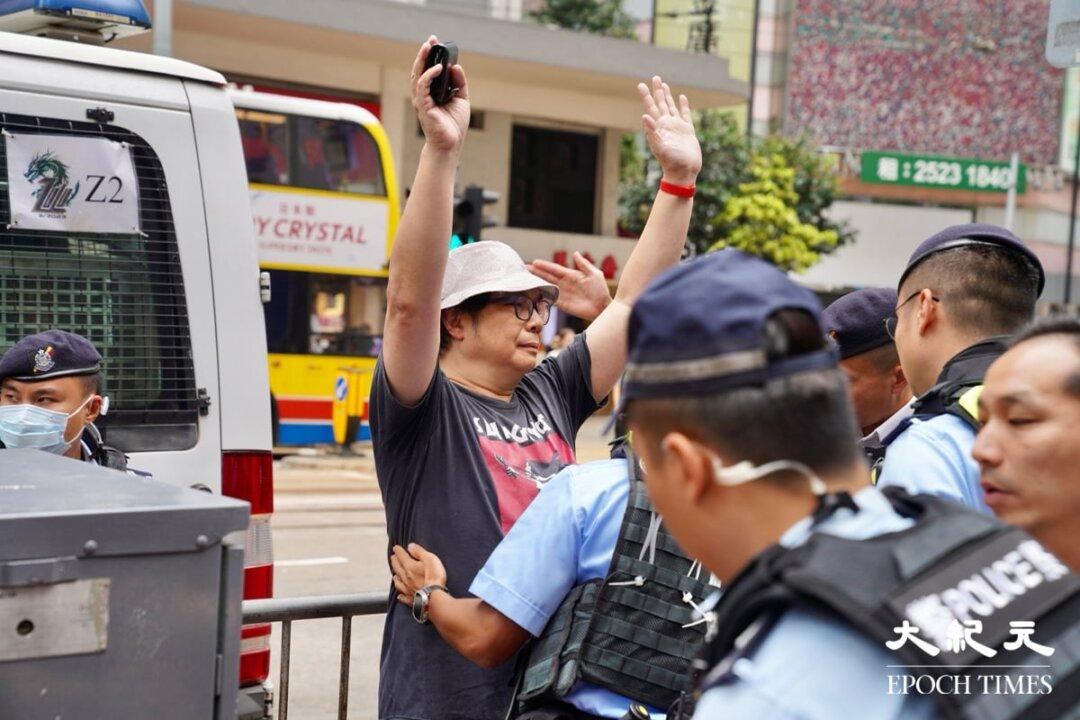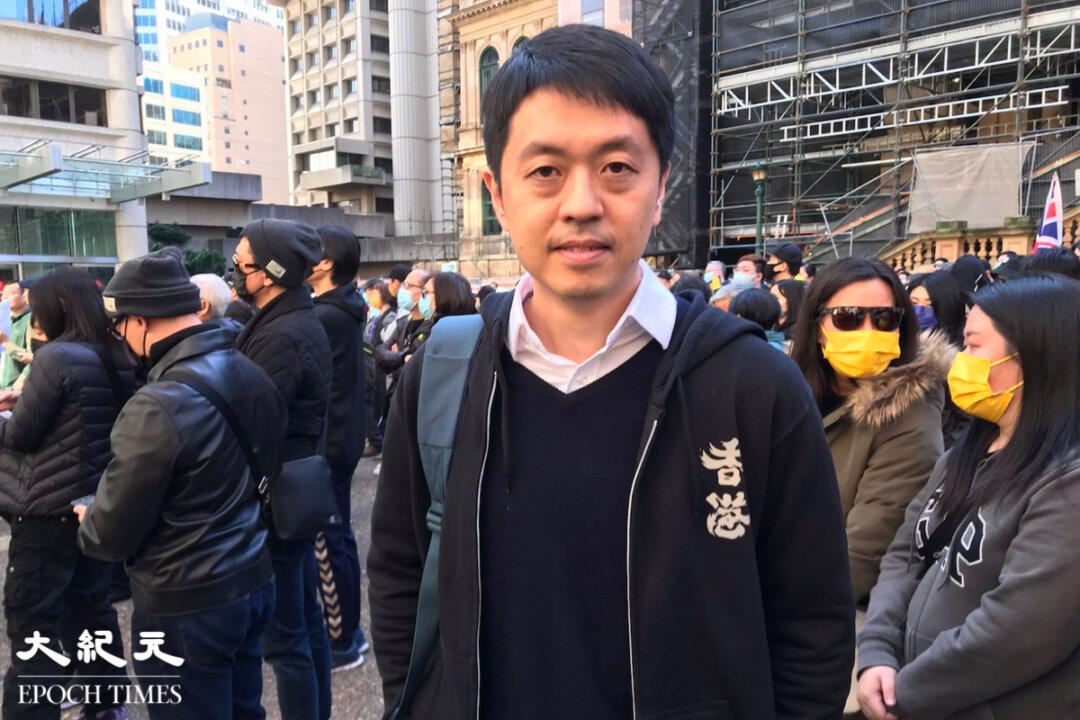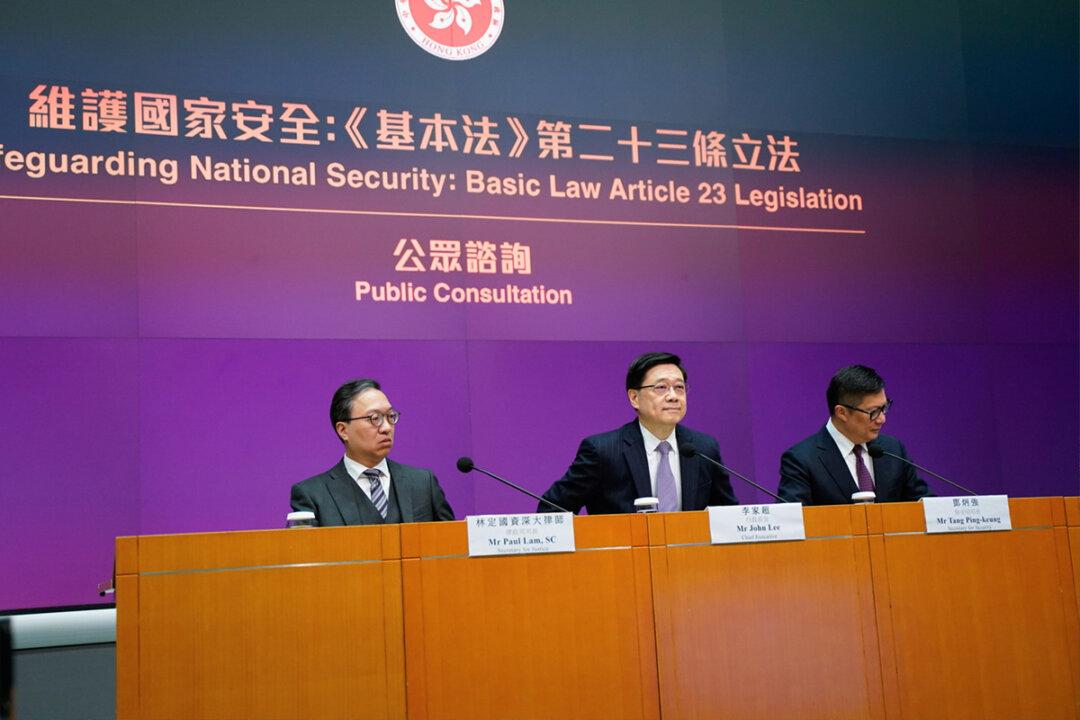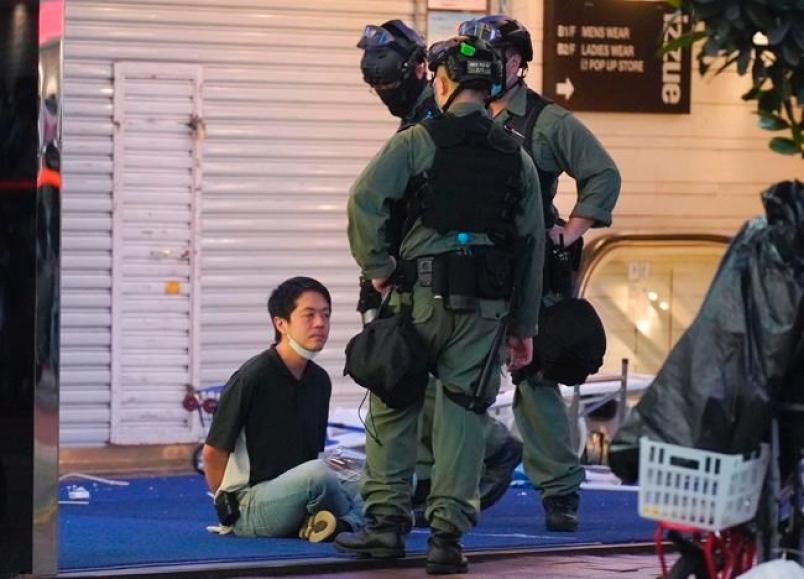The Hong Kong Jockey Club announced at an International Charity Forum held in Hong Kong on Sept. 11 that it would allocate HK$5 billion (US$640 million) as an initial fund for the establishment of an “Institute of Philanthropy (IoP).” HKSAR Chief Executive John Lee Ka-chiu made it clear on the same occasion that he would promote policies to attract family offices and trust funds to Hong Kong. He also firmly believed that the institute would help promote Hong Kong to become an ”international center of philanthropy.” Comments abound questioning the government’s intention, in that while it is doing all it can to enforce stricter control over charities and dismantle civil society, it becomes highly skeptical that its real purpose is no more than just to attract mainland funds to Hong Kong.
Hong Kong Government Suspected of Luring Mainland Billionaires to Transfer Money in the Guise of Charity

Lots of comments emerge questioning the likelihood of Hong Kong becoming an "International Center of Philanthropy." File picture. Sung Pi-lung/The Epoch Times
|Updated:
According to the website of the Hong Kong Jockey Club (HKJC), the main purpose of the IoP is to “make it a dependable source of philanthropic knowledge and to leverage its resources to strengthen the professionalism of funders in various places (especially Hong Kong and other Greater Bay Area cities)” and “to provide sector-wide infrastructure and standards development for all stakeholders around the world.”



